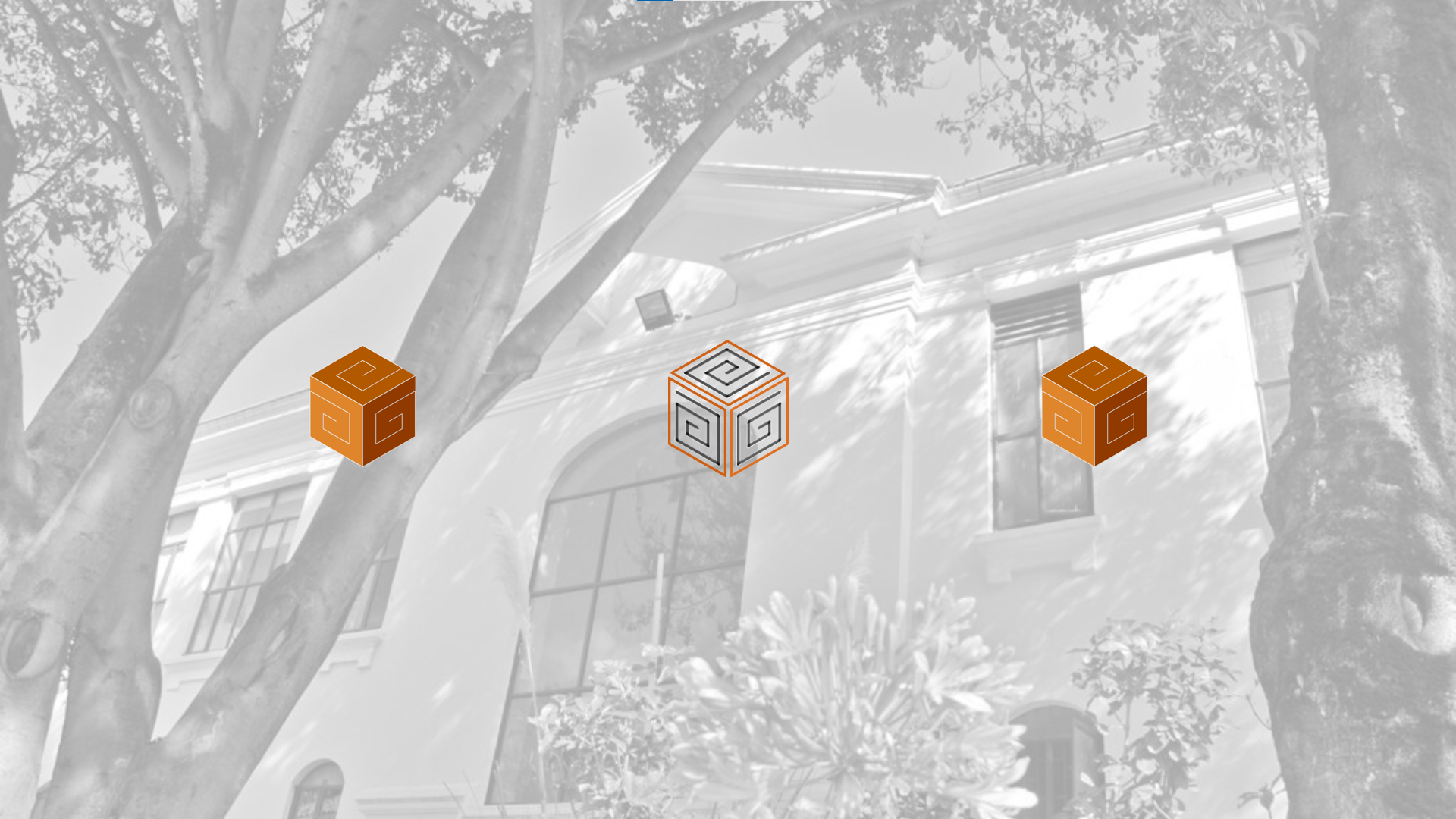BRASIL
Geometría dinámica, implicación y abducción: un estudio de casoEn esta comunicación reportamos algunos resultados de un estudio investigativo relacionado con el aprendizaje de la demostración. Éste se centró, especialmente, en identificar formulación de implicaciones (Arzarelo, 2007) y procesos abductivos que llevan a cabo estudiantes cuando, apoyados en un programa de geometría dinámica, resuelven un problema cuyo fin es descubrir un hecho geométrico, formular una conjetura y demostrarla. Apoyados en los registros de audio y video, y en la trascripción de los mismos, se describió e interpretó la actividad de un grupo de estudiantes en relación con dichos procesos. Describimos el papel de la geometría dinámica no sólo como entorno que permite exploraciones de tipo empírico, sino como potenciador de procesos abductivos relacionados con la implicación. Camargo, L., Echeverry, A., Molina, Ó., Perry, P. y Samper, C. (2011). Geometría dinámica, implicación y abducción: un estudio de caso [Ponencia]. XIII Conferencia Interamericana de Educación Matemática, Recife, Brasil. |
Conditional propositions: Problematic performances and didactic strategiesWe shere some results obtained from a teaching experiment, where the role of the use of dynamic geometry is important, designed to help students overcome some problematic performances related to the use and comprehension of conditional propositions aspect that affects learning to prove. We describe four strategies deseigned to aid students to deal with the problematic performances, the instrument used to determine efficiency of the didactic strategies and report our findings. Camargo, L., Echeverry, A., Molina, Ó., Perry, P. y Samper, C. (2010). Conditional propositions: Problematic performances and didactic strategies [Ponencia]. 34th Conference of the International Group for the Psychology of Mathematics Education, Belo, Horizonte. |
Argumentation and proof: A contribution to theoretical perspectives and their classroom implementationThe complexity of proving and the relationship between argumentation and proof are subjects of major concern in Mathematics Education. In this Research Forum we will propose the integration of Toulmin's model of argumentation with Habermas' elaboration of rational behavior, both adapted to proof and proving. After a short presentation of Toulmin's and Habermas' tools at work, we will provide some theoretical reasons for their integration. Then we will show how this construct allows us to frame the planning, management and analysis of some classroom activities aimed at students' approach to relevant aspects of proving and proof. Finally, we will suggest some further developments. A reaction by Carmen Samper and her colleagues (related to their own research work) will introduce the discussion. Boero, P., Douek, N., Morselli, F. y Pedemonte, B. (2010). Argumentation and proof: A contribution to theoretical perspectives and their classroom implementation [Ponencia]. 34th Conference of the International Group for the Psychology of Mathematics Education, Belo Horizonte, Brasil. |
